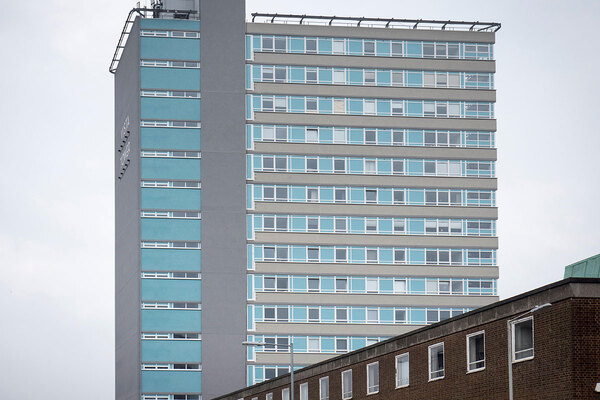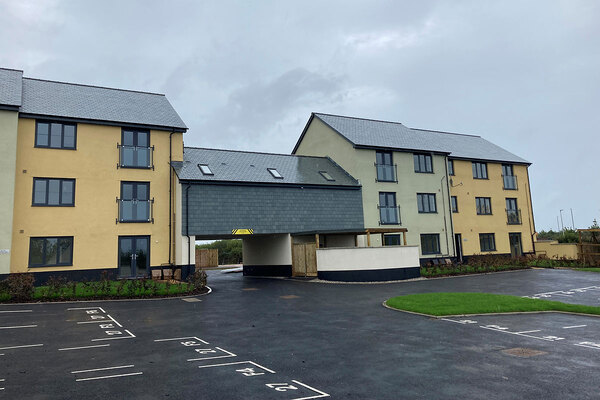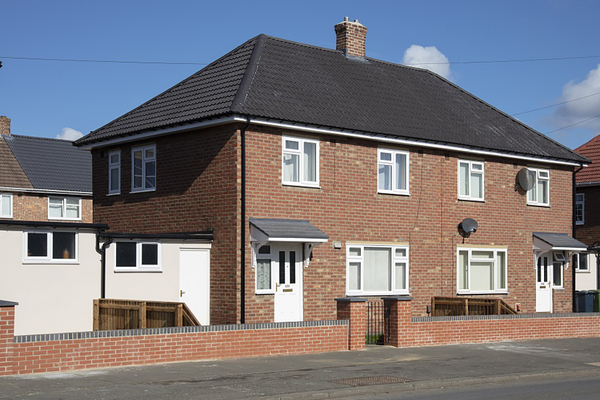Rent control
The government must reduce the emphasis on homeownership and make renting a more attractive option, says Jon Cruddas
The launch of the government’s housing strategy for England was followed by numerous government announcements in the week which led up to chancellor George Osborne’s autumn statement. In reality, however, there is no hiding place. The wretched state of the economy, with declining growth, rising unemployment and squeezed living standards extending beyond this parliamentary term, couldn’t be hidden by the palliatives on offer.
The housing strategy is in keeping with wider government strategy; some useful interventions, but dwarfed by the extent of the problems we face as a country. The initiatives designed to stimulate new housing supply represent about a 10th of the cut in the affordable housing programme brought about in last October’s comprehensive spending review.
Deepening crisis
The figures released by the Homes and Communities Agency the day after the launch put the position into sharp relief - a 97 per cent drop in affordable housing starts in the first six months of this financial year. This is, in major part, a consequence of the 60 per cent cut in the grants for affordable homes. Put simply, it is, at the very least, doubtful that the government’s new affordable rent model will do much to fill that gap. The housing crisis will deepen.
I had hoped, though I suppose I didn’t really expect to find, that the housing strategy might have had more to say about regulation of the private rented sector. Hardly a day goes by without new revelations about exploitation in the sector; every MP I know is desperate for help in dealing with rogue landlords.
There are now an estimated 3.4 million private renters in England, according to the government’s housing strategy. The sector has increased massively in recent years as many young people turn to it as a last resort as their chances of accessing homeownership recede and prospects of getting a social home appear nonexistent as the sector caters only for those in the most dire housing need.
In my own borough of Barking and Dagenham, the rise of private renting has been dramatic. Just five years ago 7 per cent of the total housing stock was privately rented. Today the sector represents 15 per cent. These homes have converted from owner-occupation, although there is some new private build sold off-plan to investors who have rented it out.
Of course, many of the private landlords are responsible and try to maintain and manage their homes well. These work in co-operation with the local council, are members of the landlord forum and would be part of any landlord accreditation arrangements. But we also have rogue landlords who appear to treat their tenants with contempt and other small landlords who are basically unaware of their responsibilities. The government trots out the usual ‘burdens on business’ fears of ‘overregulation’ spin but this cannot disguise the real suffering across the private rented market.
Mixed tenures
There must be an important place for private renting in a mixed economy of homeownership and a stronger social housing sector (with councils playing a larger part in the future). For too long governments of all persuasions have overencouraged homeownership as being the best outcome for all. Renting is a sensible choice for many and particularly so at different stages of life. Private renting can be an aid to mobility. However, for this to be an attractive choice, professional management and maintenance of the home has to be in place and something more than a six-month assured shorthold tenancy would be good. Despite all the recent initiatives, government silence on these matters speaks volumes.
Investor interest
But to be fair, there is recognition in the housing strategy of what is beginning to emerge as institutional funders come forward prepared to invest in good-quality, rented homes in return for a guaranteed long-term yield. Councils should be well placed to exploit this development. If the circumstances are right and the council is prepared to put its land into schemes in return for homes, it should be able to achieve a supply of homes at rents ranging from social/target level up to market price. Barking and Dagenham is doing just this, as referred to in the housing strategy document, and it is unlocking and bringing forward almost 500 rented homes on two council-owned sites. These are significant numbers in the present climate.
I don’t know if we are seeing a beginning of a long-term sea change, moving away from the love affair with homeownership or if ‘generation rent’ is merely a response to difficulties in accessing mortgage funding which will pass in time. The jury is out on this at present.
Clearly, the government remains wholly wedded to encouraging people into owner-occupation. In any event, I tend to hold on to some pretty old fashioned views. That real choice and increasing the supply of new, genuinely affordable homes is not only beneficial to the many hundreds of thousands of households living in poor conditions, but is also in the country’s economic interests.
The housing market remains in crisis across all parts of the market. One day government might acknowledge these realities and go back to basics.
Jon Cruddas is Labour MP for Dagenham









